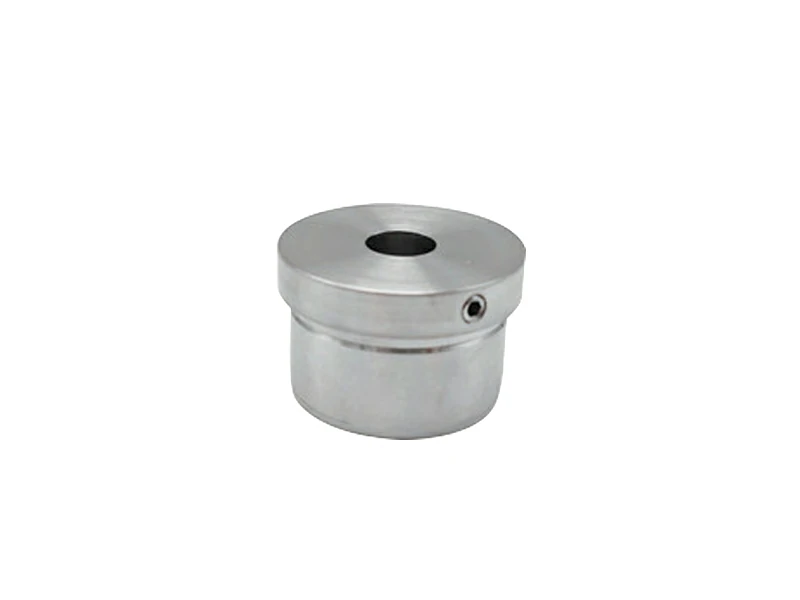Stainless steel glass railing supports are hardware components used to secure and provide structural support for handrails that are made from stainless steel. These supports can be mounted on walls, floors, or other surfaces to ensure the handrail remains firmly in place, preventing any wobbling or swaying. They are versatile and can be utilized in various settings, both indoors and outdoors.
Stainless steel handrail supports come in a variety of different sizes, including brackets, flanges, and fittings, and can be customized to match specific handrail designs. Additionally, they are available in a range of finishes, such as brushed and polished.
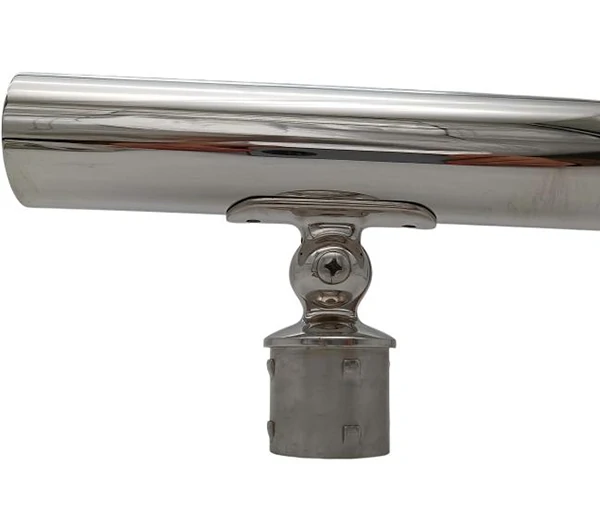
This handrail support is perfect for mounting a 38.1mm diameter rail to a 38.1mm post (E0238) or mounting a 50.8mm rail to a 25.4mm post(E0150).
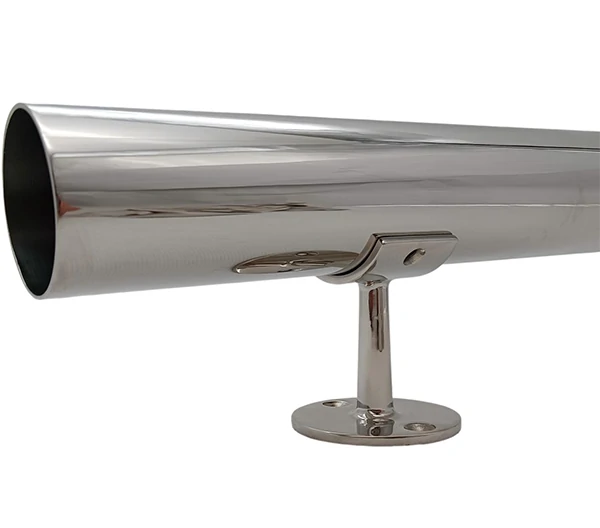
This support is for 50.8mm tubes and it can be installed on wall or floor.
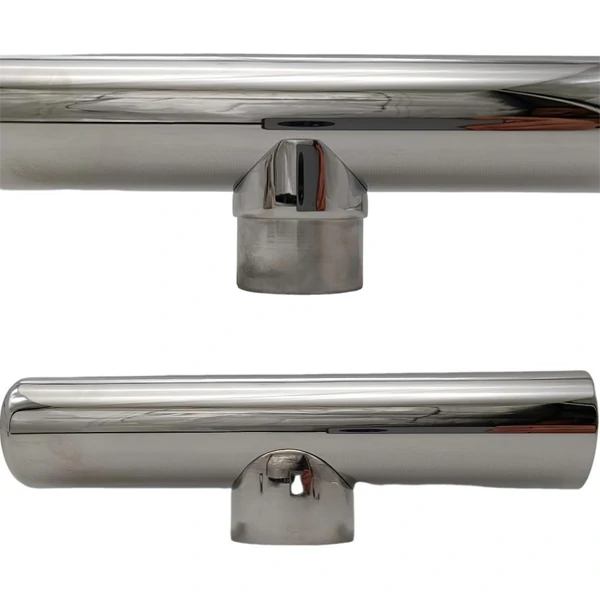
These supports have a variety of different sizes. It can be a choice of mounting a 25.4mm rail to a 50.8mm post, or a 38.1mm rail to a 38.1mm post or more matches.
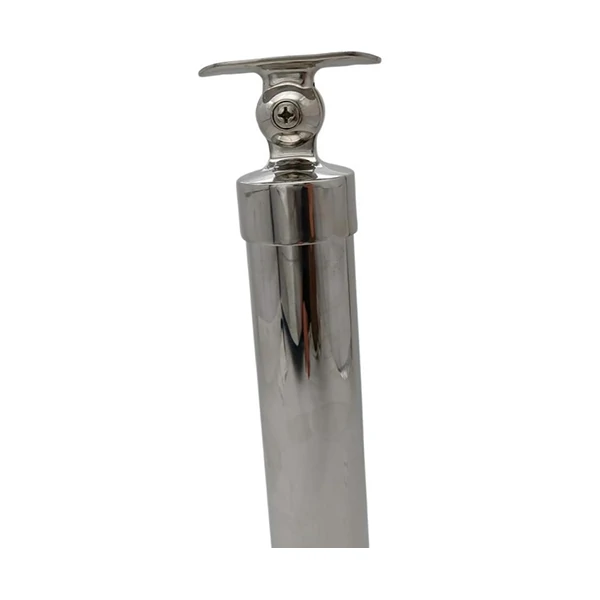
This support is external fit for 50.8mm rails and it is adjustable.
Types of Stainless Steel Handril Supports:
-
1. Wall-mounted brackets: These brackets are designed to be mounted directly onto the wall, providing support for the handrail. They usually feature a flat or angled surface, making it easy to secure them in place.
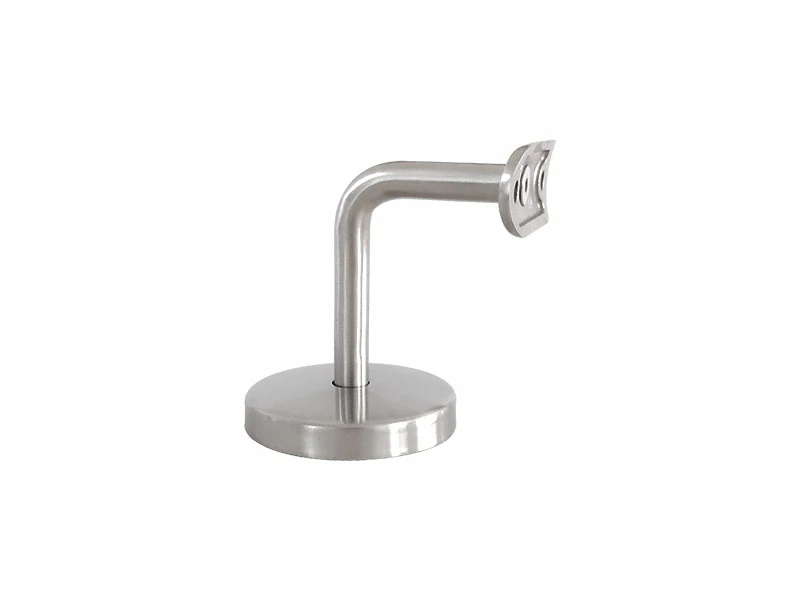
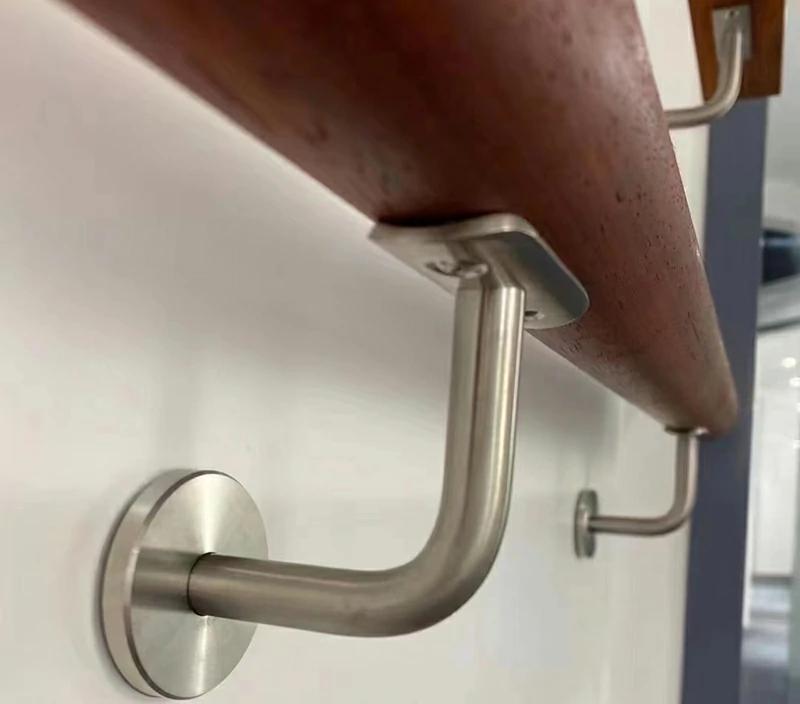
-
2. Post-mounted brackets: These brackets are designed to be attached to vertical posts or newel posts. They provide support for the handrail and are commonly used in staircase applications.
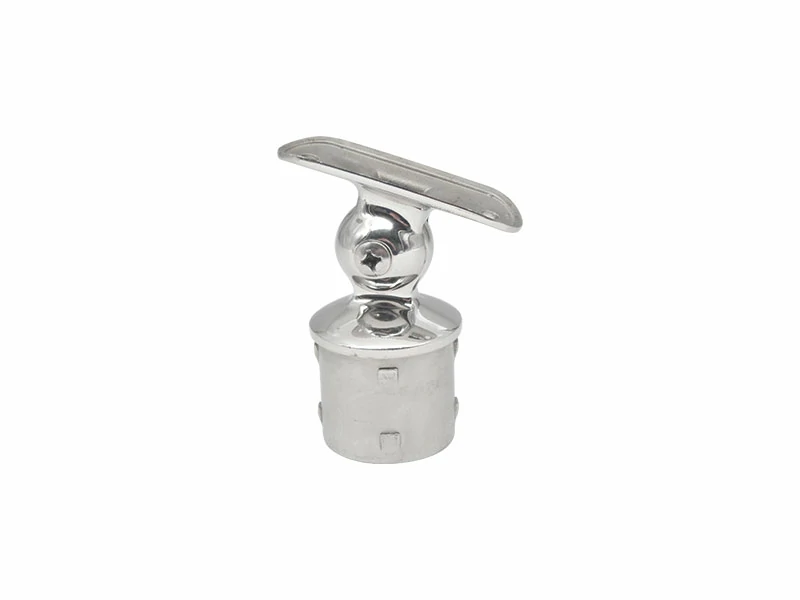

-
3. Glass panel supports: In handrail systems that incorporate glass panels, stainless steel supports are used to hold the glass panels in place and provide support for the handrail. These supports are specifically designed to accommodate the thickness and weight of the glass panels.
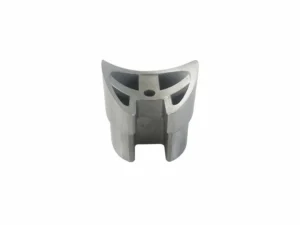
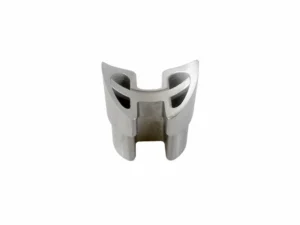
-
4. Adjustable supports: Some stainless steel glass railing supports feature adjustable mechanisms, allowing for flexibility in positioning the handrail. These adjustable supports are useful when dealing with uneven surfaces or when customization is required.
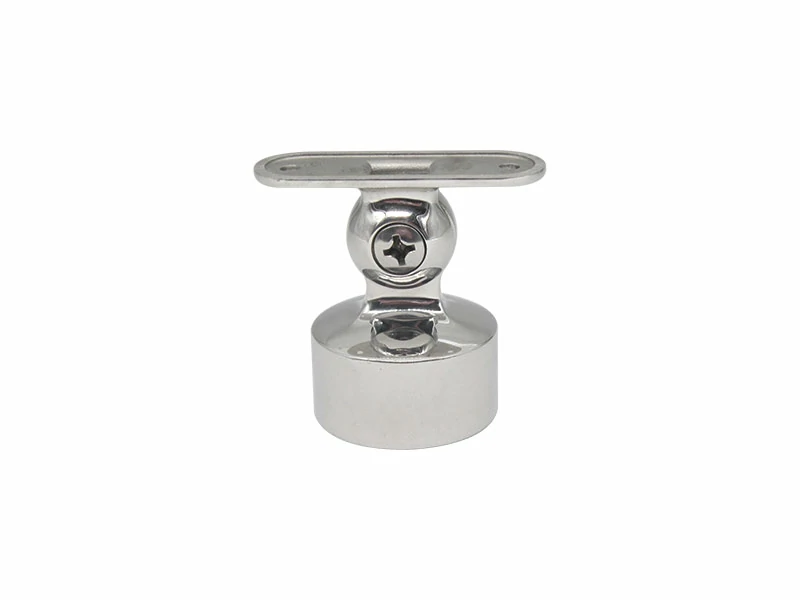

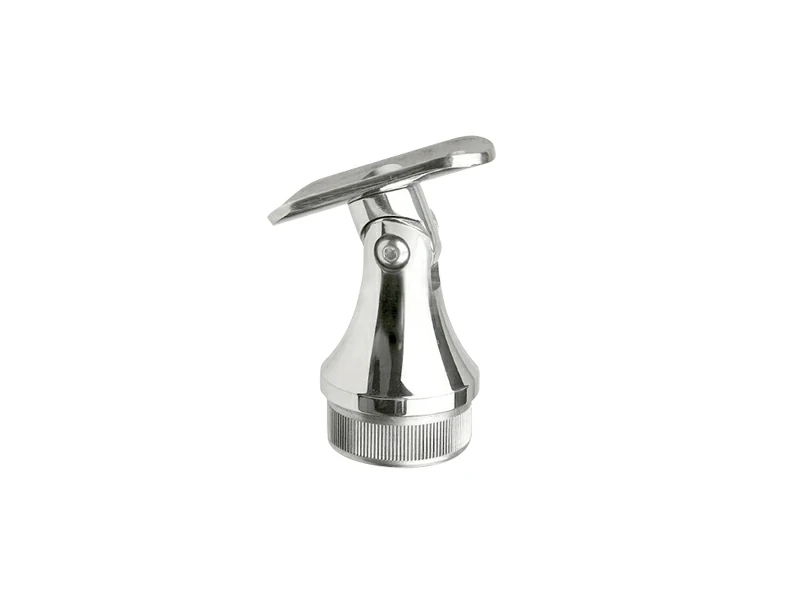
-
5. Floor-mounted supports: These supports are designed to be mounted directly onto the floor, providing stability and support for the handrail. They are commonly used in applications where wall mounting is not feasible or desired.

-
6. Combination brackets: Combination brackets are versatile supports that can be used for both wall-mounted and post-mounted installations. They offer flexibility in installation options and can be adjusted to accommodate different mounting configurations.


Benefits of using railing supports:
- Durable: Stainless steel railing supports are made of durable and corrosion-resistant stainless steel, , making them perfect for both indoor and outdoor applications.
- Secure: Stainless steel railing supports provide a secure way to attach handrails to support structures. This is important for safety, as it helps to prevent handrails from wobbling or loosening.
- Easy to install: Stainless steel railing supports are easy to install. They typically attach to the support structure with screws or bolts.
- Versatile: Stainless steel railing supports can be used with a variety of different types of handrails, including metal, wood, and plastic handrails.
- Aesthetically pleasing: Stainless steel railing supports have a clean and modern look that can complement any décor.
Application of Stainless Steel Railing Supports:
Stainless steel railing supports have a wide range of applications in both residential and commercial settings. Some common applications include:
- Staircases: Stainless steel railing supports are commonly used in staircases to provide support and stability to the handrail. They can be installed on the wall or attached to posts, ensuring the safety of individuals using the stairs.
- Balconies and Terraces: Stainless steel glass railing supports are often used in balconies and terraces to create a secure and aesthetically pleasing railing system. They provide support to the handrail, allowing people to lean on or grip the railing for added safety.
- Decks and Patios: Stainless steel railing supports are frequently used in outdoor decks and patios to create a durable and corrosion-resistant railing system. They can withstand exposure to the elements and provide support to the handrail, enhancing the safety and functionality of the outdoor space.
- Public Spaces: Stainless steel railing supports are commonly found in public spaces such as parks, plazas, and commercial buildings. They are used to create sturdy and reliable handrail systems that comply with safety regulations and provide support for individuals navigating the area.
- Commercial Buildings: Stainless steel railing supports are often used in commercial buildings such as offices, hotels, and shopping centers. They provide support and stability to the handrail, ensuring the safety of employees, guests, and customers.
- Hospitals and Healthcare Facilities: Stainless steel railing supports are utilized in healthcare facilities to create secure and hygienic handrail systems. They are designed to withstand frequent cleaning and disinfection, making them suitable for environments that require high levels of cleanliness.
Stainless steel handrail brackets are highly versatile and find use in various applications that demand a robust, long-lasting, and corrosion-resistant handrail system. They offer both functional and aesthetic advantages, improving the safety and visual attractiveness of the area.
How to use handrail supports?
To use stainless steel railing supports, you will first need to determine the appropriate type and size of support needed for your handrail design and installation location. Once you have chosen the correct supports, you can follow these general steps:
- Determine the mounting location: Locate the position where you want to install the handrail support on the wall or floor. Use a measuring tape, level, and pencil to make precise markings.
- Drill pilot holes: Use a power drill to create pilot holes at the marking points. The size of the drill bit should be slightly smaller than the screws included with the handrail support.
- Attach the supports: Insert the screws into the pilot holes and then attach the handrail support to the wall or floor using a screwdriver or power drill. Make sure that the support is securely fastened.
- Install the handrail: Slide the handrail onto the supports and secure it in place according to the manufacturer's instructions.
- Installation tools: measuring tape, level, pencil, power drill.
It is important to follow the manufacturer's instructions when installing stainless steel glass railing supports, as the specific steps may vary depending on the type and model of the support being used. Additionally, you may need to consult with a professional installer or contractor if you are unsure about the installation process or need help with complex handrail designs.

